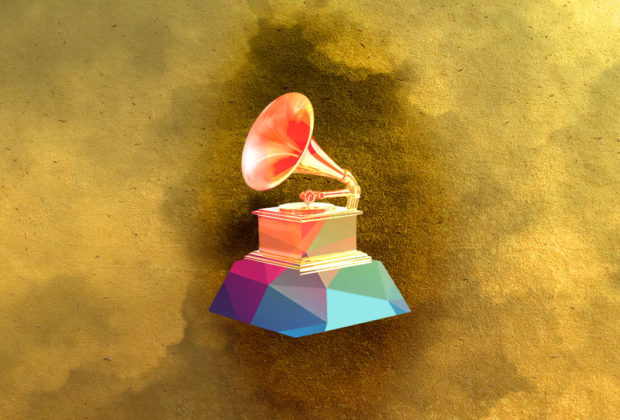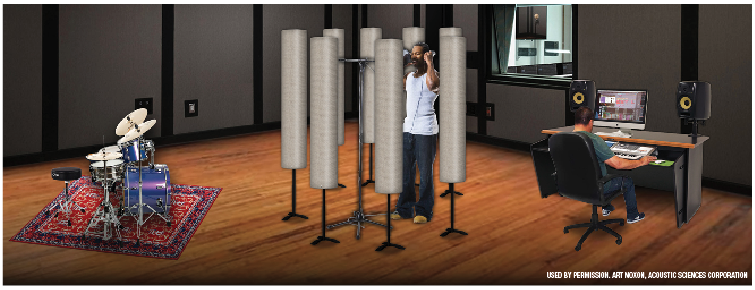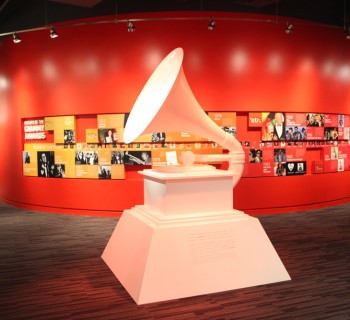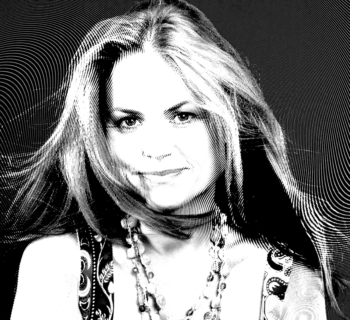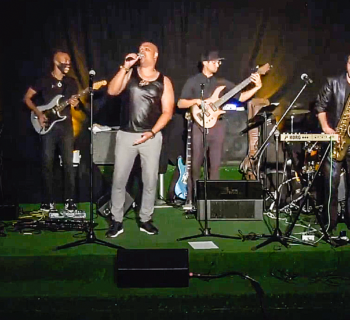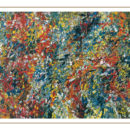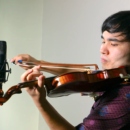The start of 2020, back when we had no real idea of what the year had in store for us, saw the Recording Academy facing fresh accusations of a “boy’s club” culture, lacking in racial and cultural diversity. Those accusations hit home and they got to work immediately, announcing a range of initiatives developed with its Diversity Task Force.
One early action was the hiring of Valeisha Butterfield Jones, the Academy’s first-ever Chief Diversity, Equity & Inclusion Officer, who’s been in the role for seven months now. In the early stages, she says that she was looking at the landscape, looking at a lot of data, doing a lot of analysis, and understanding where the gaps in opportunities were that needed to be closed.
“[We identified] Any areas that may not be representative or equitable for underrepresented communities,” Butterfield Jones says. “So the early work was doing the landscape analysis to understand all that. That was the early stage, a lot of listening and a lot of learning. But then, creating a plan and taking action. For me, that means a lot of partnerships. Identifying people that we should be partnering with and organizations. That was the next phase of the work, and I had a lot of conversations in developing relationships, but more importantly partnerships to get the work done. So now, we’re in action mode. Really rolling up our sleeves, creating programs and delivering things.”
“Action mode” it is. But it’s worth pointing out that strides have already been made. 2020 has had its highlights––a lot of things that they stood up and developed.
“One of the partnerships was with Color of Change, the largest online racial justice organization in the world,” Butterfield Jones says. “That was an important partner for us, because accountability is key for our DEI (Diversity, Equity and Inclusivity) work, so a partner like Color of Change does great and groundbreaking work in TV and film, an important step for us. That was a partnership that we established, and just over a week ago we shared and announced a roadmap and partnership with Color of Change to actually provide tools and ways for us to hold ourselves accountable and to do the work, but also to inspire a change in music.”
She’s not alone in this––it is a real industry effort. A little over a month ago, Butterfield Jones reached out to Universal Music Group, Warner Music Group and Sony Music Group, and asked for a meeting with all of the newly appointed chief diversity officers from each of the big three labels.
“We all came together and we learned it was an historic meeting,” she says. “Really, it was a meeting for us to meet each other and align on a shared agenda, but we realized it was the first time ever that that has ever happened in music to our knowledge. Meeting each other was an important step, but more importantly figuring out what are our shared goals as DEI officers in music. So that meeting happened a little over a month ago. We had our second meeting, and now it’s an ongoing effort around collaboration to make sure we’re not doing the work in silos, we’re not in our own spaces, but instead having shared goals to move music forward from a DEI perspective. I’m really excited about the collaboration there, and the opportunity we have to drop change by locking arms with each other.”
We ask Butterfield Jones if there has been any pushback. After all, things have been done a certain way for a long time and change can often put people in a defensive position. Fortunately, her answer is no.
“It has been positive, because I think there’s such a thirst and desire for change,” she says. “I don’t know if it would have been the same, quite frankly, several years ago. But what I can say today from where I sit, is there has been no resistance. Only excitement and real motivation to do the work. That’s what’s inspired me. It’s not lip service. It’s not performative at all. But really, executives who are saying, ‘Okay, we need to set goals. We need to hold ourselves accountable and we’re ready to get to the action.’ That to me has been inspiring, and I’ve received nothing but excitement, support and collaboration. Hopefully that won’t change, but I don’t expect it to. We’re just in a different time. We’re ready for the next step.”
The roadmap has been successful so far, but they know that there is still much to do. It essentially equips industry leaders with the tools to propel change––a guide to help leaders and companies put structure and accountability around the things that they want and need to change.
“The first area is to invest in black talent and careers,” Butterfield Jones says. “That’s looking around at equity and progression, and making sure that there are leadership pathways for black talent. The second is to permit transparent recording. That is something that we prioritized this year at the Recording Academy. To share, transparently, our numbers and the things that we needed to improve upon. The third is around partnerships, so aligning and partnering with organizations in the black community who are doing the work on the front lines. The next is promoting civic advocacy and participation, really making sure we’re doing what we can to encourage civic advocacy amongst our staff. An example of that is we closed our doors on Election Day to make sure that every person on staff had a paid day to get out and vote. The best they wanted to participate from a non-partisan point of view. Finally, investing in black safety.”
Butterfield Jones is keen to point to the leadership of chairman and interim CEO Harvey Mason Jr. during all of this important work. And she’s looking forward to continuing the efforts in 2021.
“The work of MusiCares is an example of how over $20 million was distributed to creators in need during the pandemic, during COVID, and we’re ramping up for a second round,” she says. “Also, setting up programs. We’re exploring internship programs in music and at the Academy. Really double down and make sure there are pathways into the industry for young creators. Another example, we’re working on women’s programming to make sure that women in music have access and opportunities and programs to be supported and recognized for their contributions. The list goes on. Really getting into the programming aspect of the work is going to be the focus next year.”
Go to grammy.com for more information.

